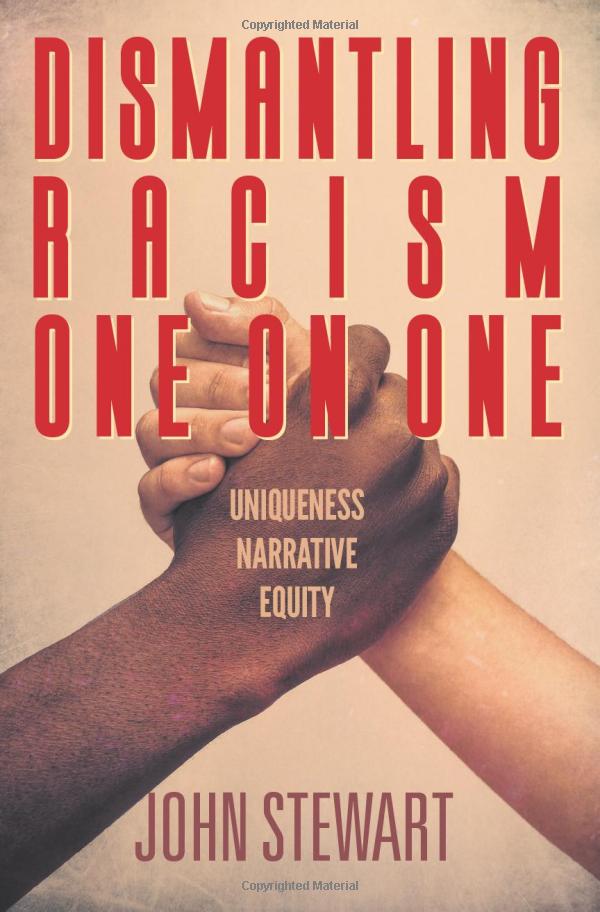 “Whatever. . . .”
“Whatever. . . .”
“As if I care.”
“I don’t give a rip.”
Three different ways of saying the same thing—“That doesn’t matter.” A short step away from “You don’t matter.”
Most of the time, we’d rather not hear mumblings like these, especially from loved ones, friends, and colleagues. If they surface often enough, they can be deadly toxic. Research has identified strong connections between mattering and anxiety, depression, low self-esteem, and suicide (Flett, 2021). So it’s a hugely important topic. If it doesn’t matter, or if we don’t, what’s the point?
Recent scholarly interest in mattering began in 1981 when psychologists Morris Rosenberg and Claire McCullough published, “Mattering: Inferred Significance and Mental Health Among Adolescents” in the journal Research on Communication and Mental Health. Since then, dozens of studies have linked mattering to adolescent brain health, resilience, and delinquency, and others have identified the importance of mattering across the lifespan and around the globe. In 2021, a leading researcher argued that “a complete view of the self and personal identity will only emerge after we significantly expand the scope of inquiry on the psychology of mattering” (Flett, 2021, 1).
And psychology tells only part of the story. A prominent psychologist defines mattering as “the personal sense of feeling significant and valued by other people” (Flett, 2021, 1), and it’s easy to see from this definition that mattering is more than just a psychological construct. Since it’s about “feeling significant and valued by other people,” mattering happens when people connect, which makes it a communication phenomenon. Researchers and trainers explicitly recognize this when they offer mattering advice that focuses on spending time, eye contact, touch, checking in, and “reminding people they’re a vital part of your life, school, organization, and society” (Mercurio, 2020).
Thirty years before Rosenberg and McCullough’s article, philosopher of dialogue Martin Buber emphasized the fundamental importance of mattering—he called it “confirmation.” “The unavowed secret of [the hu]man,” Buber wrote,
is that [they] want to be confirmed in [their] being and existence. . .not merely in the
family, in the party assembly or in the public house, but also in the course of neighborly
encounters, perhaps when [they] or the other steps out of the door of [their] house or
to the window of [their] house and the greeting. . . will be accompanied by a glance of
well-wishing. . . . This is the indispensable minimum of humanity.” (In Friedman, 1983,
p. 71).
So mattering is an everyday phenomenon that has high-impact.
 In the early 1950s, Buber concluded one of his most important theoretical essays with this almost poetic description of what is now called mattering:
In the early 1950s, Buber concluded one of his most important theoretical essays with this almost poetic description of what is now called mattering:
The human person needs confirmation. . . . An animal does not need to be confirmed, for it is what it is unquestionably. It is different with [the hu]man: Sent forth from the natural domain of species into the hazard of the solitary category, surrounded by theair of a chaos which came into being with [them], secretly and bashfully [they] watch for a Yes which allows [them] to be and which can come. . .only from one human person to another. It is from one [hu]man to another that the heavenly bread ofself being is passed (Buber, 1965, p. 71).
Inspired by these words, British psychiatrist R. D. Laing reinforced Buber’s message when he drew on his own family experience to contrast confirmation with disconfirmation, the experience of being ignored, cancelled out, or related to as if he or she didn’t matter. Like everyone else who has taken this topic seriously, Laing insisted that what’s at stake is human wellness itself. When military school students successfully “shun” a misbehaving classmate, they can push her into a state of anxiety where she doubts her own identity. When parents effectively contradict, at every turn, their child’s belief—and hope—that he matters, depression and suicide can become immediate threats.
So mattering really matters. It happens—or doesn’t—in our communicating. And conversation partners co-construct it with both words and such nonverbal contributors as eye contact, touch, tone of voice, time and timing, and space. It’s part of human contact everywhere. Research in Australia, Canada, China, Great Britain, Italy, Israel, Japan, and South Korea demonstrates that cultures differ in important details. Eye contact’s often vital in the West, but not in some Asian and Pacific Islander communities. Touch is powerful, and too much can backfire. When it’s most important and most true, the best practice is to put it into words.
For example: Walt was a young faculty member I knew. His students loved him. He attracted majors, advised student organizations, taught classes overloaded with eager undergrads. And he suffered from an addiction to pornography. University IT personnel caught him using a school network computer to view sex videos. As dean, I consulted with the president and we decided to require extensive therapy with regular progress reports, and not to fire him unless the therapy failed. Eighteen months after Walt was caught, the psychotherapist reported that, with the help of his wife, he was making very good progress. He was still ashamed, seriously scared, and deeply grateful. “Why are you doing this for me?” he asked me. Two years after asking this question, Walt reported that my response was what empowered him to succeed. I told him, “Because you’re worth it.”
You’re probably familiar, in your head and in your experience, with most of what you’ve heard so far. There’s one important and incompletely understood truth about mattering, though, that it’s crucial to remember: It gets its power from uniqueness.
It can be helpful to say “good job” and “thank you,” and this is also too easy and incomplete. To know we matter, we need evidence of how that’s specifically true. We need to hear about not just what the committee, team, or group did well but about the individual difference you made. This means hearing about your specific positive strengths, traits, and behaviors and being shown these gifts’ unique contributions. As Buber wrote: “It is from one [hu]man to another that the heavenly bread of self being is passed.”
One writer suggests accomplishing this with what he calls “purposeful affirmation.” “Start with describing the situation,” he writes.
Remind the person of the specific instance in which they made a difference for
you. Then, spot the behaviors and strengths they exhibited in that situation. Finally,
tell them the impact they had on you by using their strengths and enacting those
behaviors (Mercurio, 2020, p. 4).
Specific situation, specific strengths, specific behaviors, and unique impact. When you put these together in a story about what happened, you harness the full strength of confirmation or mattering. You can help reduce anxiety and build self-esteem. You can help counter depression and reduce the likelihood of self-harm. In other words, you can help enhance wellness.
SOURCES
Buber, M. (1953). Foreword to Community and Environment: A Discourse on Social Ecology by E. A.Gutkind, quoted in M. Friedman, (1983), Martin Buber’s Life and Work: The Later Years, 1945-1965 (NewYork: Dutton), p. 71.
Buber, M. (1965). Distance and Relation, in Friedman, M. Ed. & Trans., The Knowledge of Man (New York:Harper), p. 71.
Flett, G. L. (2021). An introduction, review, and conceptual analysis of an essential construct or essentialway of life. Journal of Psychoeducational Assessment, 40. DOI: 10.3377/0734282921057640.
Mercurio, Z. (2020). The science of mattering: Why feeling significant is so significant. www.zachs.blog
Rosenberg, M. & McCullough, (1981). Mattering: Inferred significance and mental health amongadolescents. Research in Communication and Mental Health, 2, 163-182.


